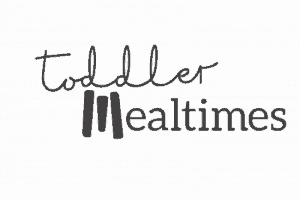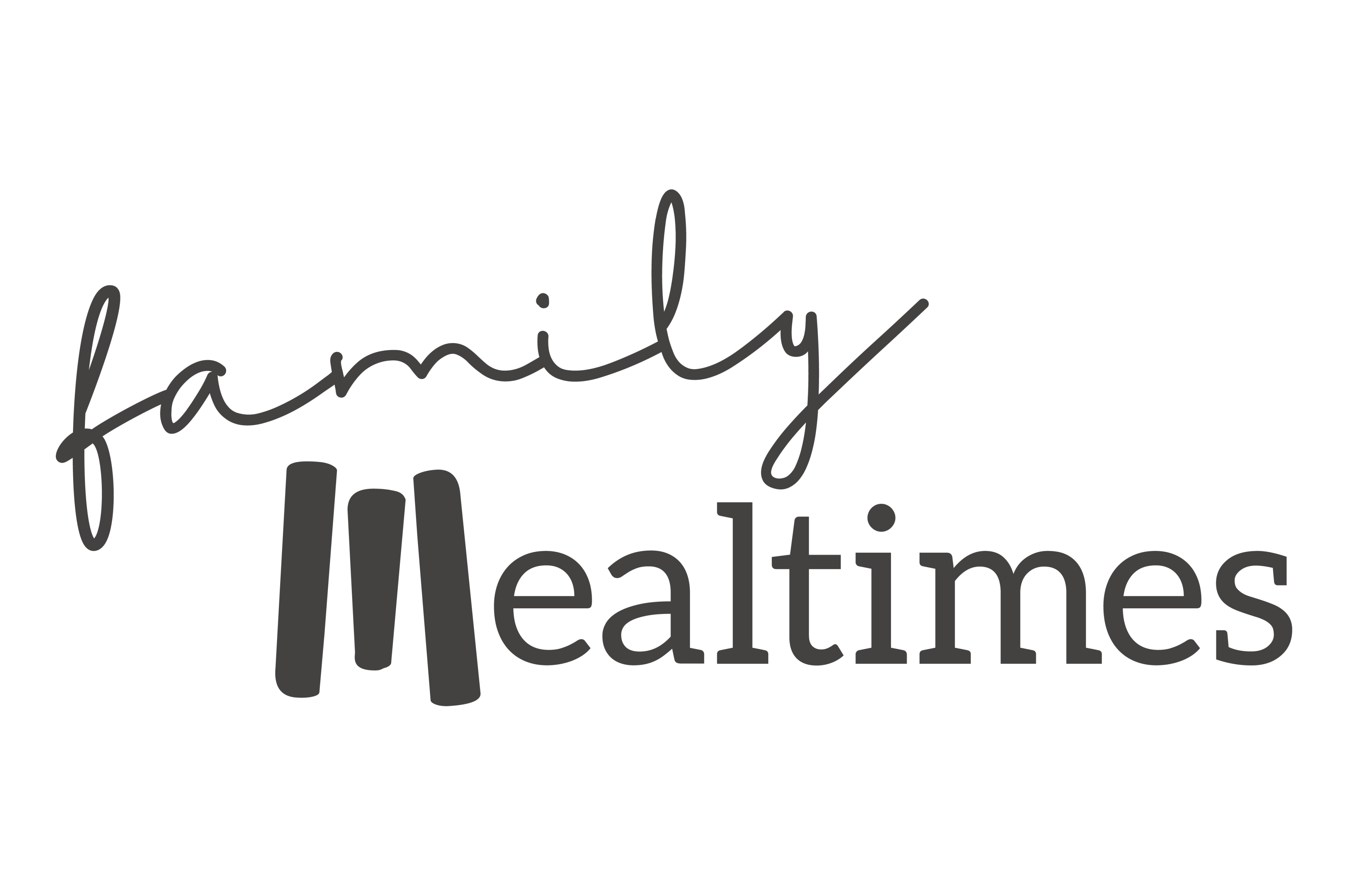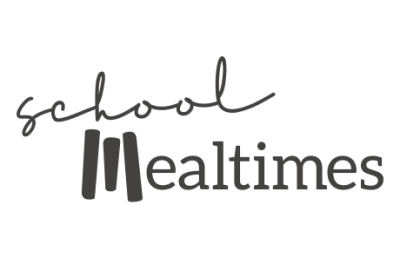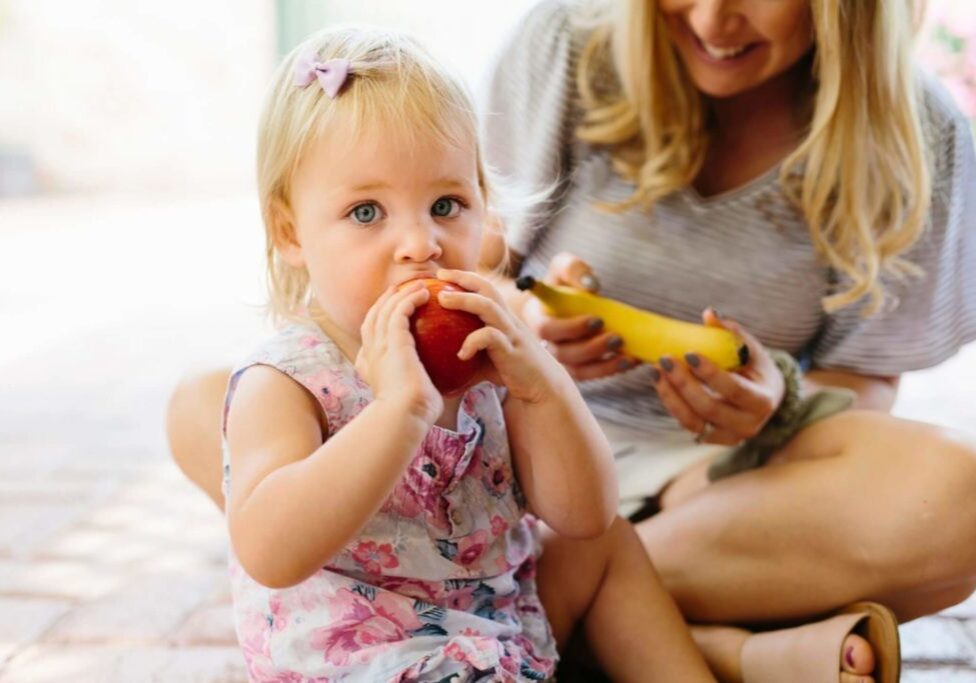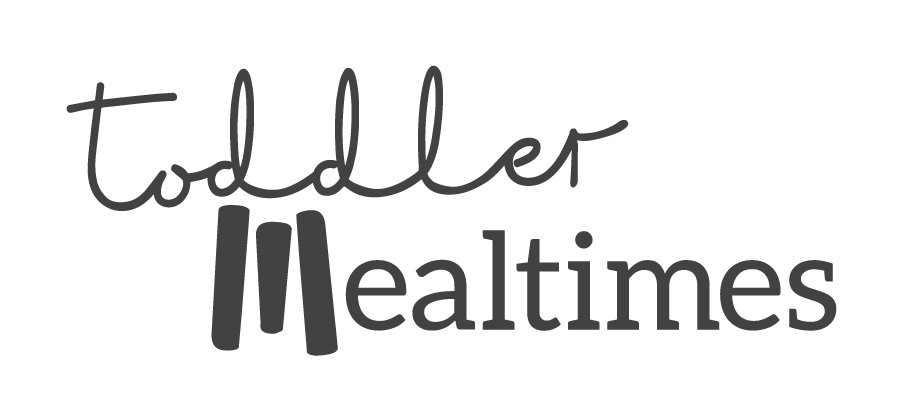School Mealtimes Introduction
It can feel really uncomfortable to send your child off to school, only for them to come home with some new and worrying beliefs about food. If you're concerned about what your child is telling you about mealtimes at school, please use the steps below to advocate for positive change.
Parents, teachers and schools can all work together to improve the food environments our children are growing up in.
School Mealtimes Step 1: Ask some questions
Before you send a long letter to your teacher or school, ask for more information. We recommend starting with some questions first, rather than going in guns blazing. You could speak to the teacher face to face or use the examples below as a template to get you started.
We've given you some specific examples based on what parents commonly tell us. Choose the example that best matches the challenge you're facing. If you want to do more reading, there's more information about the supporting scientific evidence here.
Eating in a particular order: initial contact
This applies if your child has told you that they have to finish the "main" lunch component (e.g. a sandwich) before eating their other foods, or they can’t eat their "treats" unless they’ve eaten all their "healthy" food.
Eating a certain amount before play: initial contact
This applies if your child has told you that they have to finish all their food before being allowed to go and play.
Lunchbox competitions: initial contact
This applies if your school is holding competitions to find the "healthiest" lunchbox.
Labelling foods: initial contact
This applies if your child has been exposed to discussions or activities about "healthy" or "unhealthy" foods.
Banned food lists: initial contact
This applies if your school has a list of foods that "should not" be packed in a child's lunchbox. Most Australian schools are 'nut free' or 'nut aware', but there are no other evidence-based enforceable rules around the types of foods allowed at school.
Sending food home: initial contact
This applies if your child has been told they're not allowed to eat certain foods from their lunchbox at school.
School Mealtimes Step 2: Ask for change
This is when you can outline all of your concerns, provide some actual evidence and ask for the changes you would like to see. Using the template below, copy and paste the examples and evidence that are relevant to your concerns, and leave out the section headings.
We've given you some specific examples based on what parents commonly tell us. Choose the example that best matches the challenge you're facing. If you want to do more reading, there's more information about the supporting scientific evidence here.
Eating in a particular order: follow-up contact
This applies if your child has told you that they have to finish the "main" lunch component (e.g. a sandwich) before eating their other foods, or they can’t eat their "treats" unless they’ve eaten all their "healthy" food.
Eating a certain amount before play: follow-up contact
This applies if your child has told you that they have to finish all their food before being allowed to go and play.
Lunchbox competitions: follow-up contact
This applies if your school is holding competitions to find the "healthiest" lunchbox.
Labelling foods: follow-up contact
This applies if your child has been exposed to discussions or activities about "healthy" or "unhealthy" foods.
Banned food lists: follow-up contact
This applies if your school has a list of foods that "should not" be packed in a child's lunchbox. Most Australian schools are 'nut free' or 'nut aware', but there are no other evidence-based enforceable rules around the types of foods allowed at school.
Sending food home: follow-up contact
This applies if your child has been told they're not allowed to eat certain foods from their lunchbox at school.
School Mealtimes Step 3: Consider taking it further
If you were unable to resolve the issue with your teacher and need to escalate things further, the following template can be used.
School Mealtimes Summary
We all want what's best for our children. You are the best advocate for your child and we're here to support you to create positive change in your school.
Start by speaking to your classroom teacher about your concerns and consider discussing unresolved issues with your school principal.

Want some FREE Tools? Enter your email address to download the resource kit
Freebies for parents, teachers, schools and childcare centres:
- Open letter to schools
- Handout for parents
- Normal eating in childhood
- Suggested school policy
- Newsletter graphic
We work with our email distribution platform, ActiveCampaign, to fight spam, and comply with their anti-spam policy.


